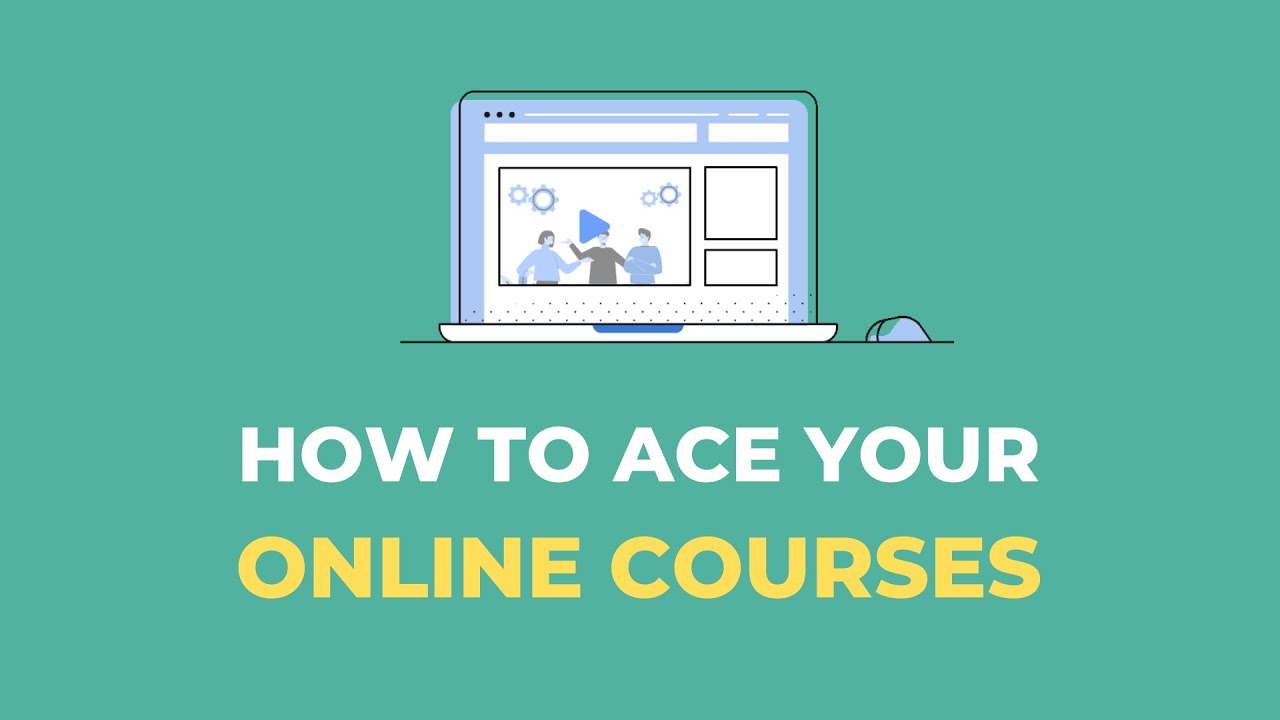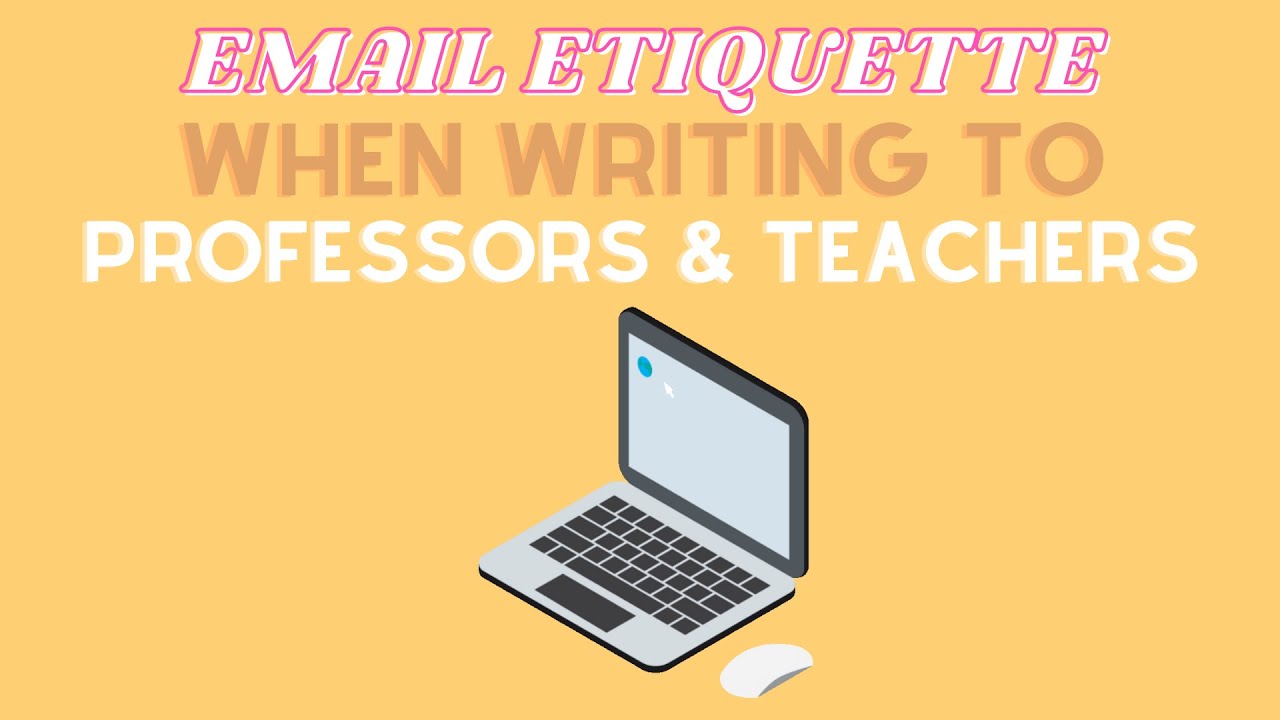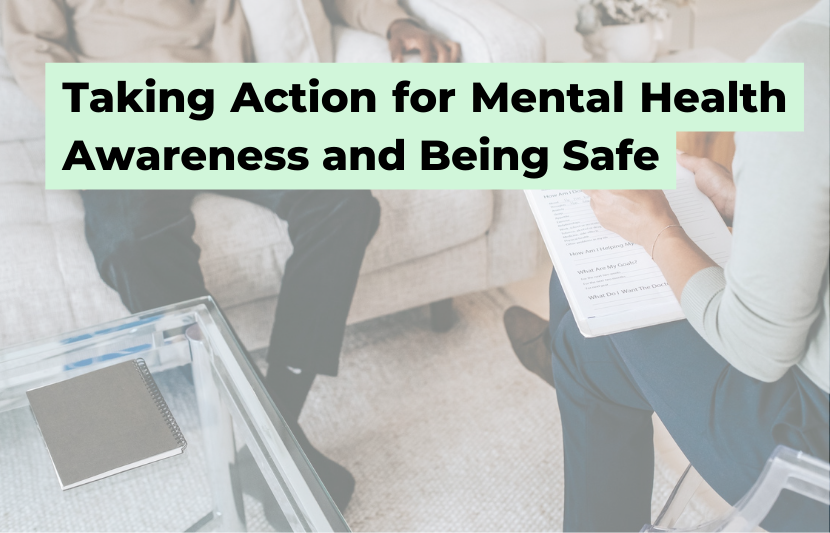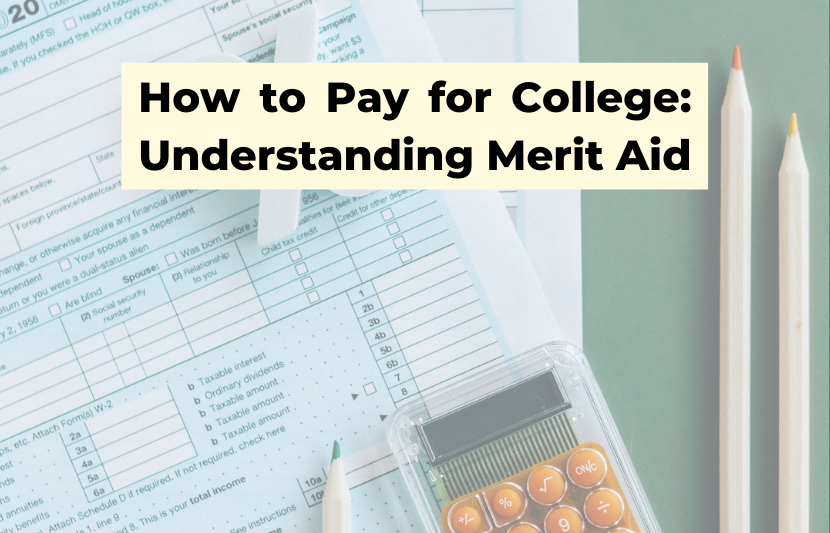In this episode of TUN TV, Dr. Crystal Rose interviews April Paris-Joseph, founder of Paris Educational Solutions, about the top 10 transition points from high school to college.
Dr. Rose: Welcome to The University Network TV where we scan the globe to give students, their families, and educators the very best tips for student success. I’m your host today, Dr. Crystal Rose. In this college admissions show, we’re exploring the Adulting Series entitled, “But My Mom Does That! The Top 10 Transition Points From High School to College.” Welcome back to Part Two.
Students, these are things you’ll want to do, now that you’ve earned your rightful place on the other side of the admissions process. Parents, these are for you, too, if you have students who will be attending college this fall. And you won’t want to miss our other episode where we feature the top five things for parents to do before their children leave for college.
For today’s conversation, we’ve invited April Paris-Joseph of Paris Educational Solutions. Welcome, April.
All right, number five on the list is housekeeping.
Paris-Joseph: Housekeeping. Well, the question is, “Can I do it?” You know, in a lot of dorms, I think a lot of parents think about the dorm situation as a hall of rooms and then a community bathroom that somebody else is coming in and cleaning. But your student may get housed in a quad with a bathroom in the middle, and the college isn’t sending somebody in there to clean that. So, do they know what they’re doing? Do they actually know how to clean the bathroom? Frankly, let’s just say, it’s disgusting if they don’t.
So, hopefully, they’ve learned that and even some things that are also basic. Maybe they do have a traditional dormitory. Do they understand that dusting actually matters? And do they know how to get the broom out and sweep that floor and, occasionally, shake out their area rugs, and things like this. It adds up.
Dr. Rose: Those are really excellent examples and particularly now during COVID. Number four on the list, I have basic cleaning.
Paris-Joseph: Yeah. I mean, I think so. I think you touched on it when you said COVID. So, it’s really important. Are they disinfecting their space from time to time and realizing, again, this is your home. So, all those things that you were accustomed to growing up – that someone else is taking care of to keep your home a livable, safe and sanitary place – you’ve got to do these for yourself.
When we were chatting before this, we were saying how some people say, “Don’t wear your shoes in your dorm room.” Well, think about it, you take your shoes off at least. At my house, we take our shoes off at the door because the outside is gross and I don’t want it in my carpets.
So, you might think about creating a shoes-off room in your dorm rule for your dorm room. How often do you change sheets? I chatted with a girlfriend whose daughter was a freshman in Virginia, and she was like, “It was coming for parent’s weekend and my daughter said, ‘Oh, can you bring me some more sheets?’ And I said, ‘Why?’ And she said, ‘I haven’t changed these yet.’ And I said, ‘I’m coming for parents’ weekend, that’s it. You’re sweating in the sheets. Change them.’ ”
I, personally – and this is less of an adulting but just my personal thing – I always drop a college freshman in a dorm with a Costco box of latex gloves. That is because the dorms are — I call them – a petri dish. And the truth is, you just never know who’s going to be beside you, leave what bodily fluids where, in a dorm room. So, having those gloves and some disinfecting wipes just might be an unfortunate necessity.
Dr. Rose: Very clever. And you know even thinking about bringing masks as well, because sometimes the dorm may not even have it.
Paris-Joseph: That’s right.
Dr. Rose: Really good advice. The third on the countdown is to check out academic support.
Paris-Joseph: Let’s think about what happened before now – you’re starting to have trouble in a class, you’re sitting in your room, you’re kind of whining about your mom and dad coming in, and they maybe say, “Oh, you’re going to talk to your teacher. Do we need to get you a tutor?” – these kinds of things, and they’re managing it. But you’re now off at college on your own. So, if you just sit in that room alone hoping someone’s going to give you some guidance, you’re in trouble.
And school’s not what it was in high school. Even for our best, most organized, most high-achieving students, this is a shift in how the world and the day function. So, I advise all of my students within their first week on campus to make sure where academic support is. Know where you would get a tutor should you need one. Know where the writing center is. Know who your academic advisor is. And be prepared to use these resources, know how and be ready to use them if you need them because you’re on your own.
Dr. Rose: Absolutely. If you’ve got an email from your academic advisor or your peer advisor, please write back.
Paris-Joseph: Absolutely.
Dr. Rose: This is definitely the right time. And even talking to the librarian.
Paris-Joseph: Yes, absolutely. I think students are used to doing like, “Oh, I can use this article from online.” But you’ve moved into college, so they might actually expect you to read, let’s say, the Constitution for Bolivia because you’re doing a report on Bolivian history, the actual Constitution. How do you find that? Where did that come from? And the librarians are great resources, as are the peer tutors and academic services. They’re really there to help you and make sure you succeed.
Dr. Rose: Okay. Number 2 on the countdown is for certain people who might need to do this – get your accommodations processed.
Paris-Joseph: This is a really big deal because the laws between what is required from a high school and what is required from a college are not the same. So, the rule of thumb – I would advise any student in this position to make sure that they know and understand the laws deeply, but the rule of thumb – is that in high school, they’re required to help to make sure you can succeed and thrive.
In college, they’re really just required to make sure the playing field is even. So, that’s really a different bar, and it’s easier to define that bar when we’re talking about, say, an auditory or visual issu,e, or even a physical issue needing accommodations. So, making sure there’s wheelchair access, making sure that you have a larger font or the ability to have a hearing device, maybe a speaker that’s strictly for you, that’s really easy.
But when we start talking about things that go into IEPs and 504 Plans like extra time, there’s more of a subjective analysis there – what you need. So, the student has to get into that office and make sure number one, they meet all the paperwork requirements to qualify and get all that in.
And then once they’re qualified, often they’re required to talk to each and every professor themselves and manage that. Some professors might push back, and it’s not as smooth of a process as it was where mom and dad were taking care of the paperwork. And you have to do this every term. Every class, every term, you’ve got to go through this process. It’s a big chunk of work to do.
Dr. Rose: That’s very informative, and it’s very important for people to understand that this is a process. And we have another video where we talk about neuropsychological testing. This might be the time – if you suspect there might be a processing disorder or some sort of learning disorder, didn’t get an IEP Plan in high school, this might be the time to do that. And so we have another episode on that. You can check that out.
Okay. Top on the list for adulting is, you guessed it: budgeting. What should students know about this?
Paris-Joseph: Yeah. I summarize it pretty easily – it’s have a budget, stick to your budget.
That’s pretty much what it comes down to. It’s hard. I think we underestimate and we forget as adults. Go back and remember when you first had a budget and you said, “Oh, I’m going to save 10 percent,” and then you just never quite did.
And do you understand what different things cost? I have a great student I worked with this past cycle – an awesome student who decided he was going to buy a car and his parents just kind of lost their minds, and he was like, “I have enough to buy the car.”
Sure, you can buy that car. Can you insure the car? Can you maintain the car? Can you put gas in the car? What happens when the car gets a random flat tire? And so, understanding, I think, as students, they think the budget is just this number, and they don’t understand all the incidental growth to what that number could create or mean.
And then, there’s also the agreements between a family. Who’s buying the books? Just frankly, who’s buying these books when they walk into a bookstore? Are they taking a credit card and swiping it and getting every book they want? Cash up front? Brand new? Or maybe the parents aren’t paying for it, but you better go get some used books. Maybe the students have got to figure it out. Are we renting and what’s the cap? Stick to the budget. That is hard, guys.
Dr. Rose: Easy word but hard. And, don’t forget there’s the TUN student discount tool where you can not only find local discounts but also online discounts.
There you have it – the top 10 adulting transitions for rising college freshmen. Fantastic list as always, April. Thank you for being on today’s show. And you’ll find a link to her article about this below.
Thank you very much for joining us on this episode of The University Network’s television show. I’m your host, Dr. Crystal Rose. Until next time on TUN TV.
This interview has been edited for clarity.
For more exclusive interviews with experts who share their insight to help students succeed, check TUN TV!
Related:












